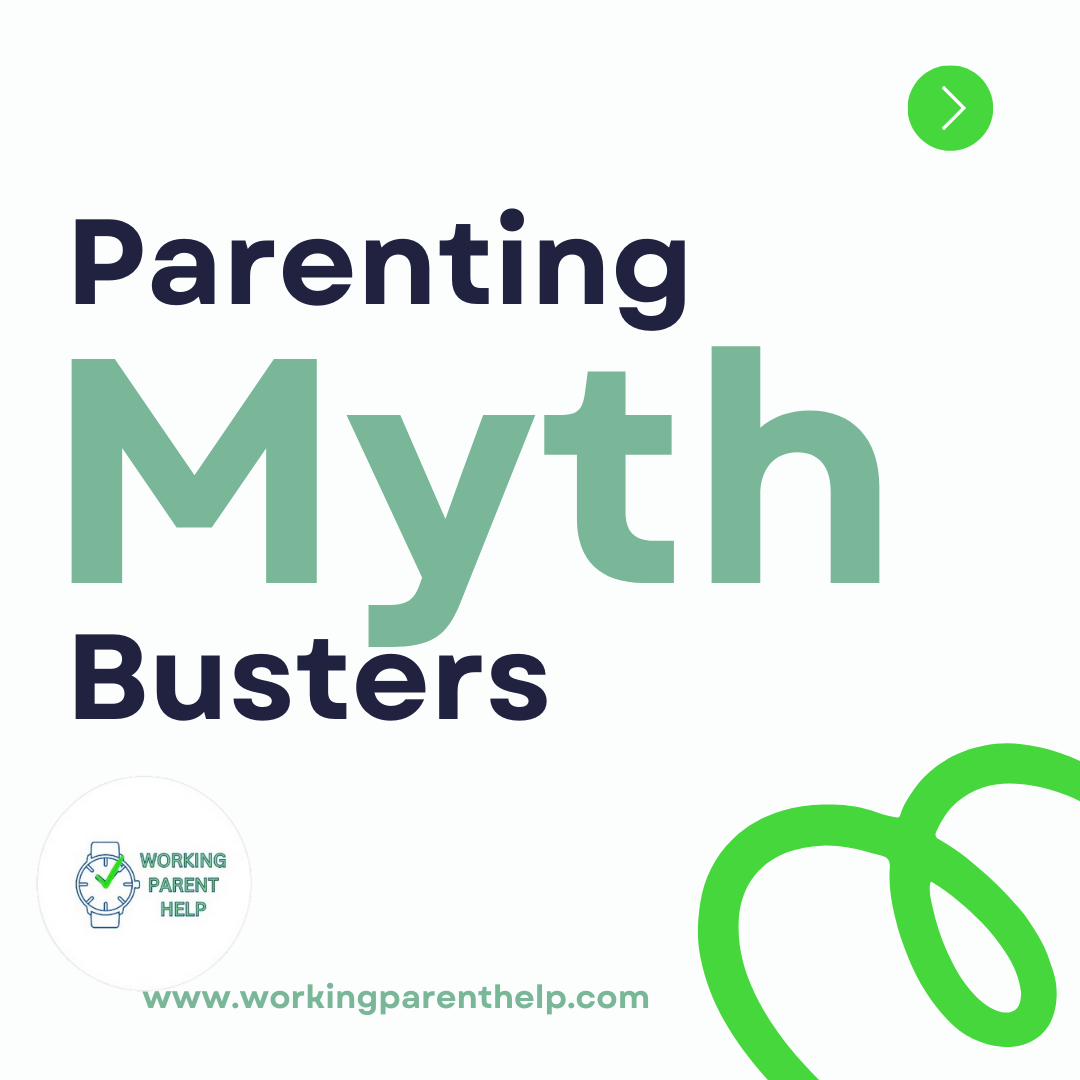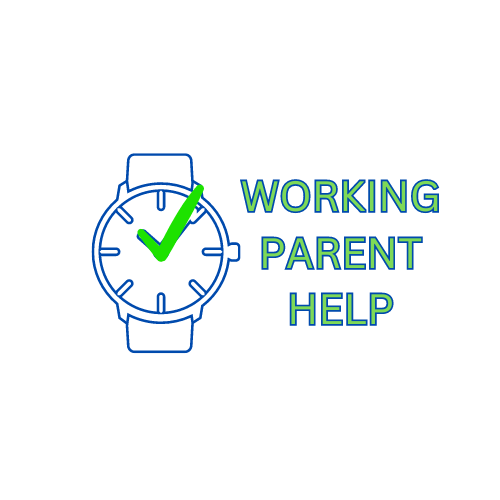
Parenting Myth Busters: Debunking the Lies That Make Us Feel Like We’re Failing
If you’ve ever felt like you’re not living up to some mysterious “perfect parent” handbook, welcome to the club. (Spoiler: there’s no handbook. Just coffee, chaos, and the occasional deep Google search at 2 a.m.)
Parenting comes with enough pressure without all the myths floating around—those Instagram-perfect ideas that make you feel like you’re somehow failing if your child eats goldfish crackers for dinner or melts down in Target.
So today, we’re putting on our detective hats and busting some of the most common parenting myths. Because real parents deserve real talk (and maybe a nap).
1. Myth: Good Parents Never Get Frustrated
Ah yes, the classic myth that a “good parent” is basically a Zen monk in yoga pants. The idea that you should float through tantrums with endless patience and never, ever feel overwhelmed.
Reality check: Good parents absolutely get frustrated. You’re human. You’re raising other humans—small, loud, messy humans who sometimes scream because their toast was cut into squares instead of triangles.
What matters isn’t never feeling frustrated. What matters is how you respond when frustration hits. Maybe you take a deep breath, count to ten, or walk into another room for a second before you respond. That’s not failure—that’s emotional regulation (aka modeling healthy coping for your kids).
2. Myth: Screen Time Always Ruins Kids
We’ve all read the scary headlines about screens melting children’s brains. But here’s the truth: screen time, in moderation, isn’t the villain. It’s a tool—and like any tool, it depends how you use it.
Reality check: A little TV while you make dinner? Fine. A YouTube science experiment video? Educational! A movie night snuggled on the couch? Bonding time.
Where things can go sideways is when screens replace sleep, outdoor play, social connection, or become the only coping mechanism for boredom. But screens themselves? Not evil.
The real key is balance. Offer plenty of offline activities (building forts, backyard play, board games) and model healthy tech habits yourself. Yep—this means occasionally putting down your own phone too. (We know. Ouch.)
3. Myth: Kids Should Behave Perfectly in Public
Ah, the grocery store meltdown. The restaurant tantrum. The “I don’t wanna leave the playground!” showdown. Somewhere along the line, we were told that well-behaved kids are a reflection of our parenting—and if they lose it in public, we must be doing something wrong.
Reality check: Kids are learning. Public spaces are full of sensory overload—bright lights, loud noises, unfamiliar smells. Add hunger or fatigue, and boom: meltdown city.
Even adults get cranky in crowded stores (looking at you, holiday shopping). Expecting a 3-year-old to sit quietly through a two-hour dinner is… optimistic.
Instead of aiming for “perfect,” aim for age-appropriate expectations. Bring snacks. Bring toys. Prepare for short outings when possible. And if your kid melts down anyway? You didn’t fail. You’re just parenting a human being with big feelings.
4. Myth: If You’re Doing It Right, Parenting Feels Easy
Ever scroll social media and wonder why everyone else seems to be effortlessly baking homemade bread, homeschooling, and running marathons while you’re just trying to drink your coffee before it gets cold?
Reality check: Parenting is hard for everyone—just in different ways. That mom on Instagram? She might be smiling in the picture but crying in the bathroom later. That dad with the perfect weekend adventure photos? He might be exhausted too.
There’s no parenting style that magically makes the hard parts disappear. The trick isn’t finding a “hack” to make everything easy—it’s finding systems and support that make it manageable.
And sometimes, just making it through the day with everyone fed and relatively happy is a win.
5. Myth: You Have to Do It All Yourself
Somehow, modern parents got saddled with the idea that we should be able to do everything—work full time, cook from scratch, maintain a spotless home, help with homework, keep up with friendships, exercise, and stay deeply connected to our kids 24/7.
Reality check: That’s not sustainable. At all.
Good parenting doesn’t mean doing everything alone—it means knowing when to delegate, ask for help, or let something slide. Use grocery pickup. Say yes to playdates with trusted friends. Invest in tools that make life easier (meal kits, storage systems, car organizers—whatever helps you breathe easier).
Your worth as a parent isn’t measured by how much you can juggle. It’s measured by the love and connection you bring to your family.
Final Thoughts
Parenting isn’t about following outdated rules or keeping up appearances. It’s about adapting, loving, and sometimes laughing through the chaos. So the next time you catch yourself thinking, I must be failing because this is hard, remember: hard doesn’t mean wrong. Hard means you’re showing up.
